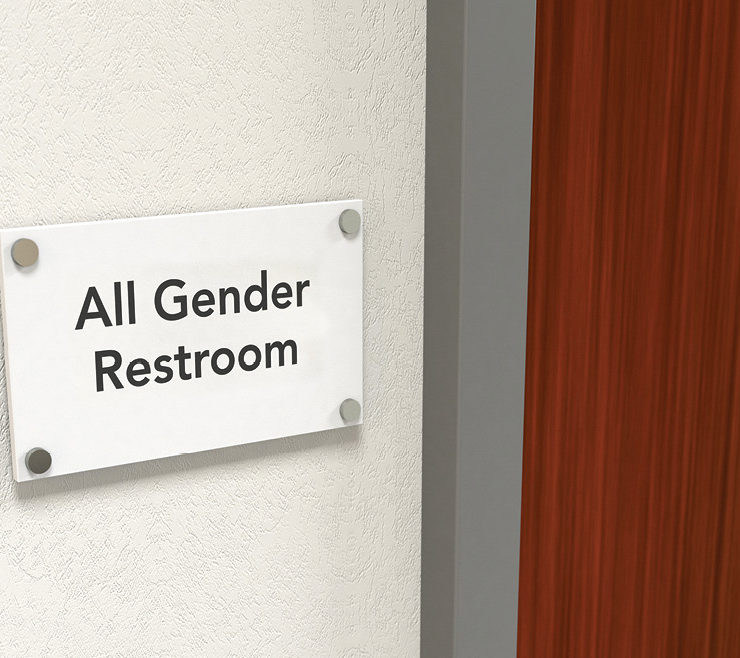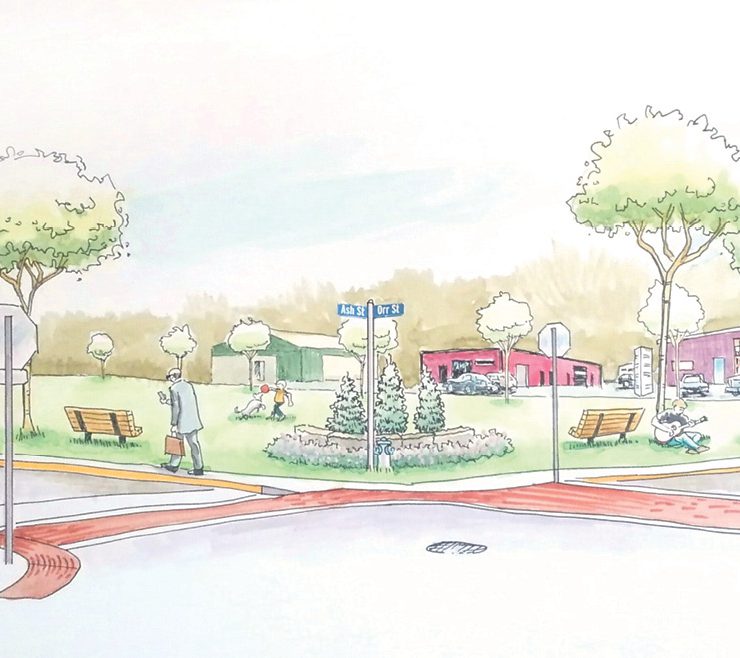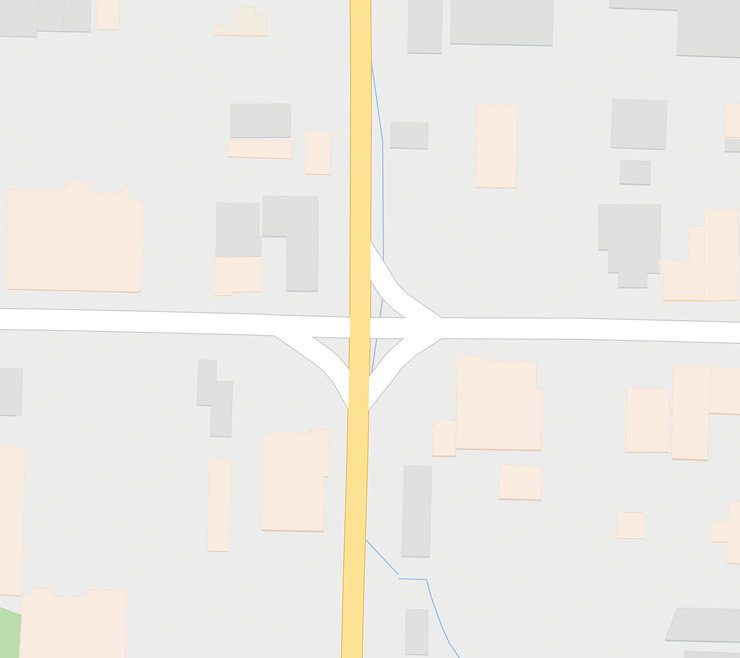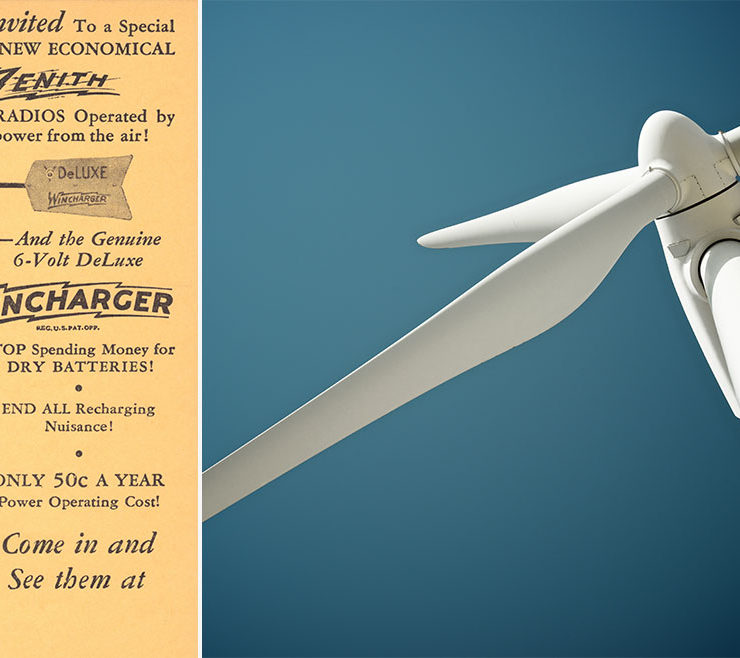Local Perspective: Precision Medicine at MU – An Economic Driver for Columbia
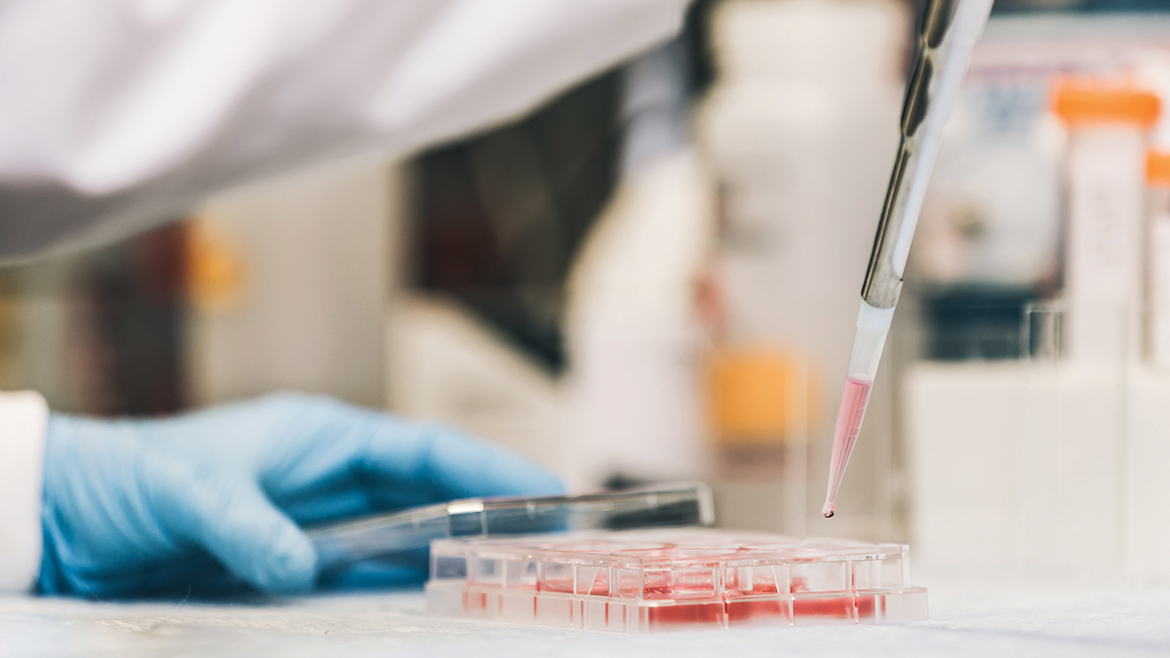
At MU Engineering, we have a slogan: “Get in.” It all stems from the fact that engineers have a hand in everything — our food, our roads, our water, our electronic devices, and much more. Engineers are also critical in the development of the medicine and medical devices that keep us healthy. As dean of the college of engineering, my focus is engineering. But in my new, additional role as vice chancellor for strategic partnerships, my perspective also extends to how all of our schools and the entire UM System can best utilize our resources to continue improving quality of life and boosting the economy of Columbia and the state.
The planned Translational Precision Medicine Complex is a fine example of how MU’s schools and colleges are enhancing their shared work in finding cures to diseases that affect millions, while also creating a potential economic boost to the state. The medicine complex, which will place interdisciplinary research and industry partners in the same building, will place MU in a position as a national and international player in precision medicine and research for the ensuing decades of the 21st century. It also will attract new students, faculty, and staff and create jobs, which will grow our economy. In fact, a recent study by MU’s Department of Economics has found that among the four metro areas in the state — Kansas City, St. Louis, Springfield, and Columbia — it is Columbia that has led the way in economic growth during the past decade. The researchers attribute it, in part, to MU’s research strengths that have encouraged a wide variety of industries to blossom in the region.
We want to nurture biomedical research here in Columbia, helping every citizen with their individual medical needs. The medicine complex planning leaders also want to create centers to enable greater collaboration in precision medicine and general technology among universities, public organizations, and private industry, leading to additional opportunities for technology commercialization.
There is unprecedented momentum behind this effort. With the promise of solving grand challenges in health care, precision medicine is a revolutionary approach to disease treatment. The “bench-to-bedside” model the medicine complex will employ will move innovations made in the lab to customized patient care based on one’s individual biology. The UM System and the UM Board of Curators have recognized the complex’s importance and designated it as the top capital and philanthropic priority.
To that end, we already have many researchers working specifically in the precision medicine realm. By the time of the complex’s estimated completion, we will have approximately 60 researchers. These researchers will work together with industry partners and scientists around the globe to solve the unsolvable in precision medicine.
MU scientists are already making tremendous strides in this area, efforts that will be amplified upon the completion of the complex, slated for 2021. For a hint at the potential, consider the recent development of Lutathera. This new drug was recently approved by the FDA to treat certain types of tumors that can occur in the gastrointestinal tract and pancreas. The radioisotope used in Lutathera was created right here at the MU Research Reactor, one of our most powerful tools for our research in precision medicine.
At MU, we’re always on the lookout for the next great breakthrough, the next tremendous biomedical innovation, the next innovative prescription medication. The recent Nobel Prize in chemistry won by our own George P. Smith speaks to that tradition. Dr. Smith’s work led to world-changing breakthroughs in the fight against cancer and other diseases.
Precision medicine is part of our future, and MU is leading the way.
Elizabeth Loboa is the dean of the College of Engineering and vice chancellor for strategic partnerships at MU.




